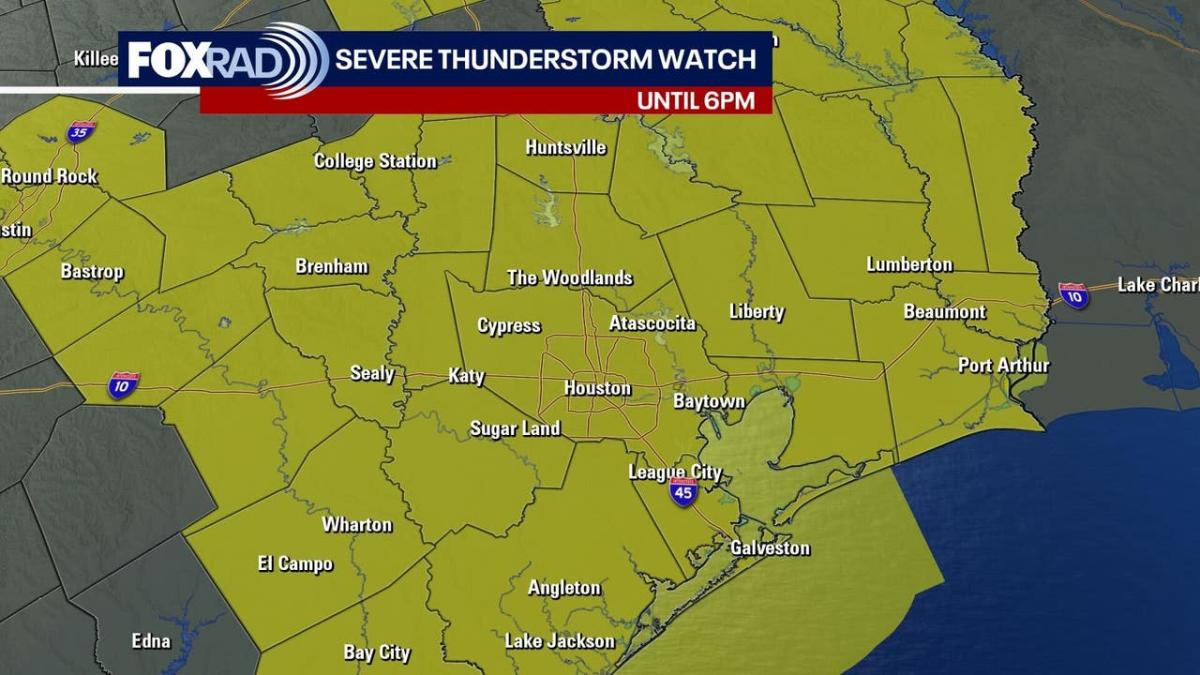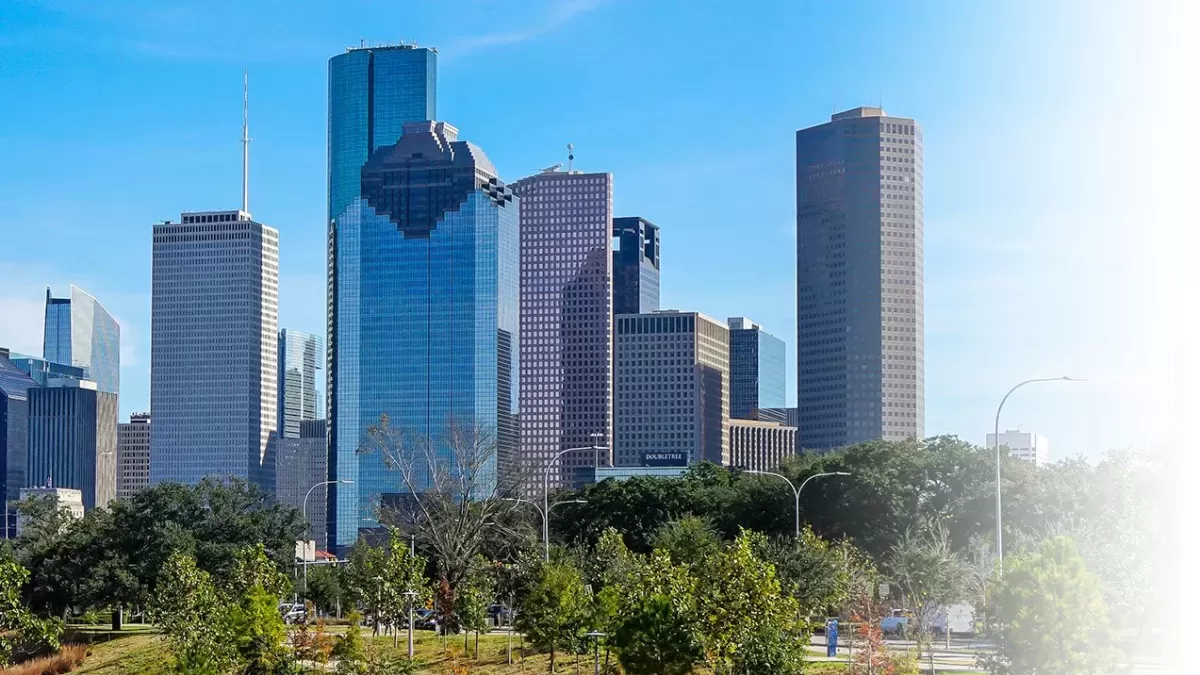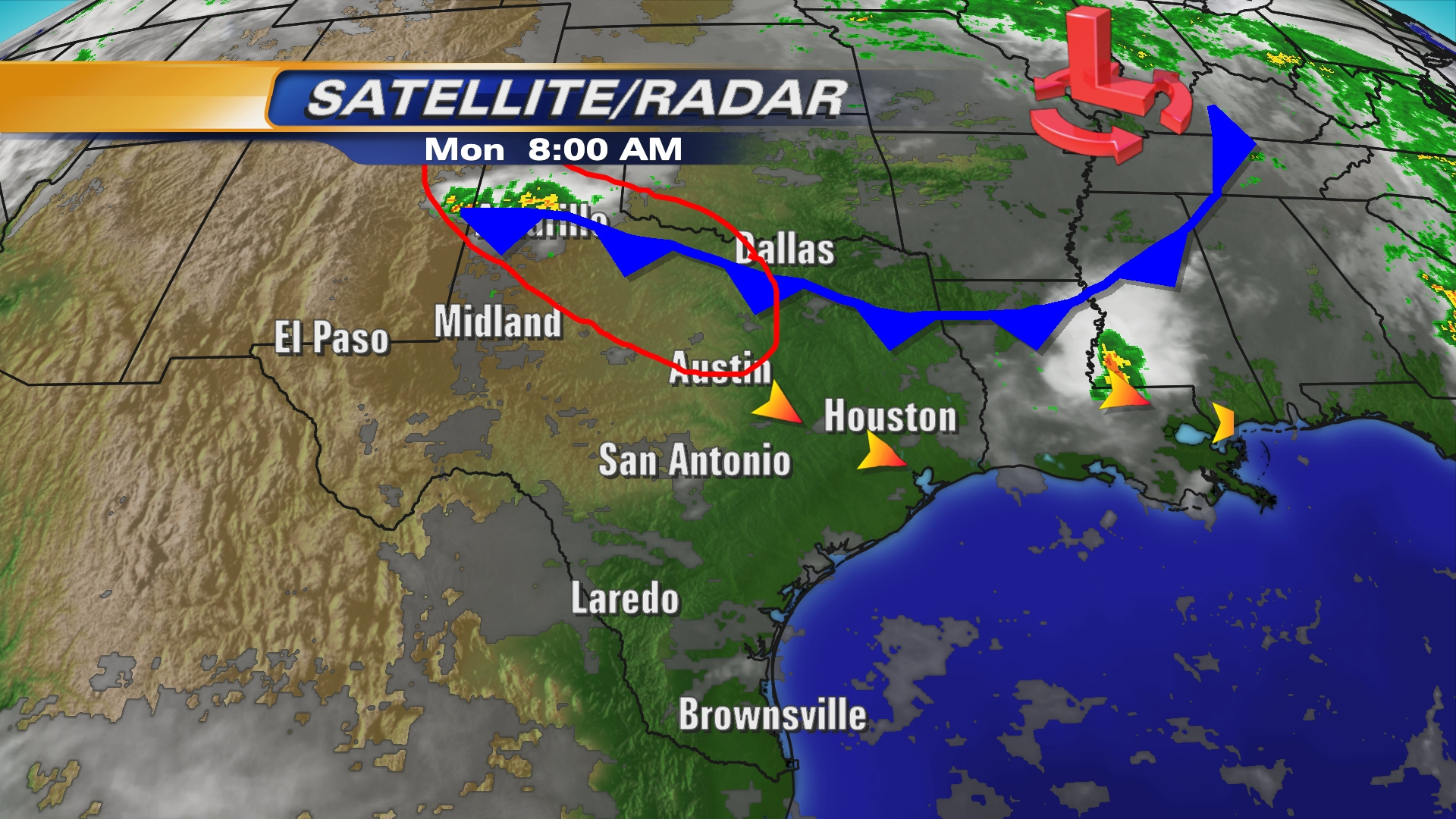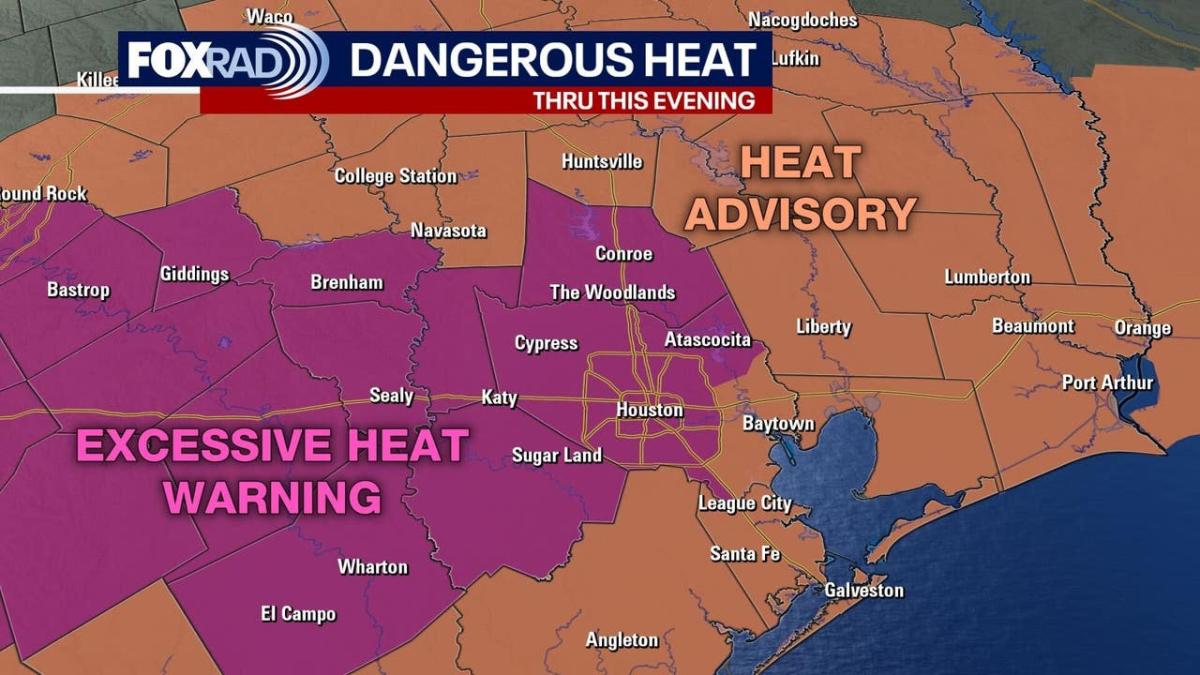Houston Weather, a tale of extremes and subtle shifts, shapes the vibrant tapestry of the Bayou City. From the humid embrace of summer to the crisp chill of winter, Houston’s weather patterns paint a diverse and ever-changing canvas.
Understanding Houston’s weather is not merely an academic pursuit; it’s a matter of navigating the city’s unique rhythms and adapting to its often unpredictable nature. In this comprehensive guide, we delve into the intricacies of Houston’s weather, exploring its patterns, extreme events, forecasting methods, and the profound impact it has on the city’s industries and communities.
Houston Weather Patterns
Houston, Texas, experiences a humid subtropical climate, characterized by hot, humid summers and mild winters. The city’s proximity to the Gulf of Mexico and the prevailing south and southeast winds contribute to its warm and moist climate.
| Month | Average Temperature (°F) | Average Precipitation (inches) |
|---|---|---|
| January | 55 | 4.2 |
| February | 59 | 3.6 |
| March | 66 | 4.3 |
| April | 73 | 4.5 |
| May | 80 | 5.2 |
| June | 86 | 5.7 |
| July | 90 | 4.9 |
| August | 90 | 4.5 |
| September | 84 | 4.2 |
| October | 76 | 4.1 |
| November | 66 | 4.2 |
| December | 57 | 4.0 |
The Gulf of Mexico provides a source of moisture, leading to frequent rainfall throughout the year. Houston is also prone to occasional tropical storms and hurricanes, particularly during the summer and fall months.
In a highly anticipated showdown, the wolvesand Mavericks face off in a pivotal game. Both teams have been in impressive form, and the outcome could have major implications for the playoff race.
Extreme Weather Events in Houston

Houston is vulnerable to various extreme weather events, including hurricanes, floods, and droughts. The city has experienced numerous major hurricanes, such as Hurricane Harvey in 2017 and Hurricane Ike in 2008, which caused widespread flooding and damage.
Houston is also prone to flooding due to its location on the Gulf Coast and its numerous bayous and waterways. Heavy rainfall from tropical storms and hurricanes can quickly lead to flooding, which can disrupt transportation, damage property, and pose safety risks.
Droughts are another concern in Houston, especially during the summer months. Extended periods of low rainfall can lead to water shortages, crop failures, and wildfires.
To mitigate the risks associated with these extreme weather events, Houston has implemented various measures, including flood control systems, evacuation plans, and drought contingency measures.
Seasonal Weather Forecasting for Houston: Houston Weather

Weather forecasting in Houston is primarily based on numerical weather prediction models, which use historical data, current observations, and physical equations to simulate future weather conditions.
These models are constantly being improved, but they still have limitations, particularly in predicting long-term weather patterns. Forecasts for the next few days are generally more accurate than those for weeks or months ahead.
To stay informed about upcoming weather conditions, residents can consult local news outlets, the National Weather Service website, or weather apps on their mobile devices.
Meanwhile, international tensions have escalated in the wake of the recent violence in Rafah. The situation is being closely monitored, and all eyes are on Rafah as the world awaits updates on the meaningand consequences of the escalating crisis.
Impact of Houston Weather on Local Industries

Houston’s weather can have a significant impact on local industries, particularly those related to energy, transportation, and tourism.
Extreme weather events, such as hurricanes and floods, can disrupt energy production and distribution, leading to power outages and economic losses. Transportation infrastructure, including roads, bridges, and airports, can also be damaged or closed due to weather conditions.
Tourism is another industry affected by Houston’s weather. Heavy rainfall and flooding can deter visitors from traveling to the city, while extreme heat and humidity can make outdoor activities uncomfortable.
To mitigate these impacts, businesses in Houston have implemented various strategies, such as developing emergency response plans, diversifying their operations, and investing in weather-resistant infrastructure.
Climate Change and Houston Weather
Climate change is expected to have a significant impact on Houston’s weather patterns in the coming decades.
Rising temperatures could lead to more frequent and intense heat waves, which can pose health risks and strain energy resources. Increased precipitation is also expected, which could lead to more flooding and other water-related hazards.
To adapt to these potential changes, Houston is investing in infrastructure upgrades, such as flood control systems and seawalls, and developing plans to mitigate the impacts of climate change on its economy and population.
Final Review

As Houston continues to grow and evolve, so too must our understanding of its weather patterns. By embracing the complexities of Houston’s climate, we can better prepare for its challenges and harness its potential. From the bustling streets to the serene bayous, Houston Weather is an integral part of the city’s identity, shaping its past, present, and future.